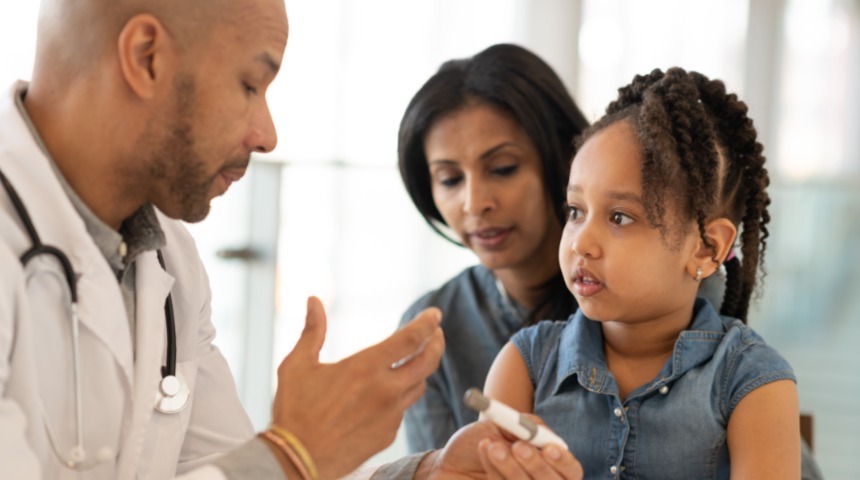Unless you’re living in a bubble, injuries are an unfortunate part of living. We acquire cuts and scrapes through any number of activities, from biking to preparing dinner to opening that latest box from an online retailer. But they don’t always require a trip to the doctor or emergency room. Generally, if the wound is clean, not too large or deep, not excessively painful and without significant bruising or bleeding, it can be treated safely at home.
But how do you know if your injury is a minor one, or if it needs professional medical care? First, you’ll want to recognize the different types of wounds and identify yours:
-
Lacerations, or cuts
-
Skin tears
-
Puncture/stab wounds
-
Abrasions
-
Bites (human and animal)
-
Scalp wounds
Also, keep in mind the main goals of wound care:
-
Stop the bleeding
-
Restore function to affected area
-
Avoid infection
-
Minimize scarring
Do You Need Medical Care?
If your cut is longer than three-fourths of an inch, more than a quarter inch deep or won’t stop bleeding, seek immediate help, advises the American Academy of Dermatology. Beyond that, consider these questions after an injury:
-
Is the wound deep?
-
Does it have ragged edges?
-
Do the edges of the cut remain wide open?
-
Is it bleeding in spurts, and is blood soaking through the bandage?
-
Are there red streaks on your skin near the injury?
-
Is it a puncture or a deep cut?
-
Does the area around the wound feel numb?
-
Can you move without pain?
-
Is it leaking a grayish, creamy, thick fluid?
-
Have you developed a temperature over 101F?
If you answer yes to any of those questions, it’s time to seek medical care. But there are other factors that could send you to a professional. If you’re diabetic or have a vascular disease, or if you’re taking medications — especially anticoagulants (blood thinners) or steroids — your healing could be affected. You also should see a doctor if you haven’t had a tetanus shot in the last 10 years — and the wound was caused by a rusty or dirty object. Other information is available via a free, comprehensive guidebook from the American College of Surgeons.
Treating Minor Wounds and Cuts
If your injury is on the minor side, follow these tips:
-
Wash your hands with soap and water.
-
Clean the wound with lukewarm water and mild soap to remove dirt and prevent infection.
-
Stop any bleeding. Using a clean washcloth or gauze, apply pressure for one to two minutes or until the bleeding stops.
-
Apply petroleum jelly. Keeping your wound moist will speed healing. Apply it continuously until the cut heals. Avoid topical antibiotics as you can develop allergies to them.
-
Use a sterile bandage to cover the wound. This will help protect it and prevent it from reopening. Change the bandage daily and keep the wound covered until it heals.
-
Consider taking over-the-counter pain medication, such as acetaminophen.
-
Monitor the healing process.
What If It Doesn’t Improve?
Generally, you should see improvement in about a week. If that doesn’t happen, you may be dealing with a chronic wound that needs the attention of a doctor. Keep in mind that your skin is responsible for keeping harmful bacteria out of your body. An open wound is a chink in that armor — increasing your infection risk. You could even be in danger of life-threatening conditions such as sepsis.
You also should know that there are dangers, even when there’s no break in the skin. If you have an injury that doesn’t seem to be healing, there could be damage to blood vessels under the surface, causing a serious condition called a hematoma. This can cause internal bleeding that can only be repaired through surgery.
The bottom line is to watch any wounds treated at home. See your doctor if the injury isn’t healing within a week or so, or if pain or signs of infection develop or persist.
Choose to Stay in Touch
Sign up to receive the latest health news and trends, wellness & prevention tips, and much more from Orlando Health.
Sign Up









